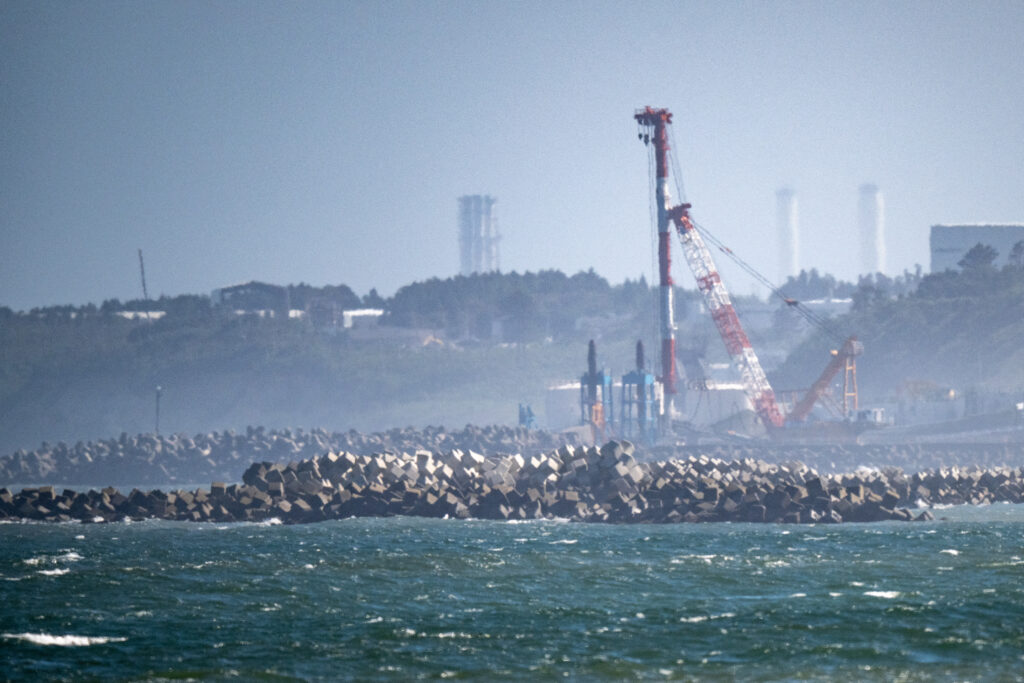
- ARAB NEWS
- 01 Jul 2025

Tokyo: Japan’s Nuclear Regulation Authority on Wednesday officially decided to lift its de facto ban on operations at Tokyo Electric Power Company Holdings Inc.’s Kashiwazaki-Kariwa nuclear power plant, imposed for a series of flaws in the facility’s antiterrorism measures.
The nuclear watchdog also reaffirmed that TEPCO is qualified as a nuclear power plant operator.
The NRA determined from additional inspections and meetings with TEPCO President Tomoaki Kobayakawa, conducted over roughly two years, that improvements have been made at the plant in Niigata Prefecture, central Japan.
“We conducted the inspections carefully,” NRA Chairman Shinsuke Yamanaka told a press conference following the decision. “We will keep monitoring whether TEPCO is always ready to make improvements.”
Later that day, Kobayakawa said that his company will “strive to improve safety and the protection of nuclear materials, keeping in mind that we have only returned to the starting line.”
He declined to say when the company plans to bring the plant back online, only observing that it is important to take thorough safety measures first.
“We have not explained enough, so there is not enough understanding” among local residents over a possible restart of the plant, he said.
The NRA issued the de facto ban, which prohibits transfers of nuclear fuel within the plant, in April 2021.
TEPCO plans to resume work to bring the Kashiwazaki-Kariwa plant back into operation while dealing with the aftermath of a nuclear meltdown at its Fukushima No. 1 nuclear power plant in northeastern Japan, including decommissioning work.
But the timing of reactivation remains unclear, as the operator needs to gain consent from local governments as well.
In 2017, the No. 6 and No. 7 reactors at the Kashiwazaki-Kariwa plant passed the NRA’s safety screening, necessary for their restart. Each reactor has an output of 1.35 million kilowatts.
In and after 2018, however, a series of flaws in antiterrorism measures were discovered, including malfunctions of equipment to detect intruders and a TEPCO employee entering a central control room by using another worker’s identification card.
These led the NRA to issue the de facto ban. It also launched in October 2021 additional inspections to check whether TEPCO had made improvements.
When deciding to lift the ban, the regulatory body confirmed that it will continue to examine intensively whether TEPCO’s improvement measures are not neglected and whether such measures are kept in place even after changes of officials in charge and management team reshuffles.
An inspection report approved by the NRA on Wednesday said that TEPCO keeps implementing its measures to prevent malfunctions of intrusion detection equipment that may happen in stormy weather.
The report also referred to the establishment of a monitoring organization under the direct control of the company’s president, concluding that a system for making improvement measures permanent has been established and is taking root.
JIJI Press